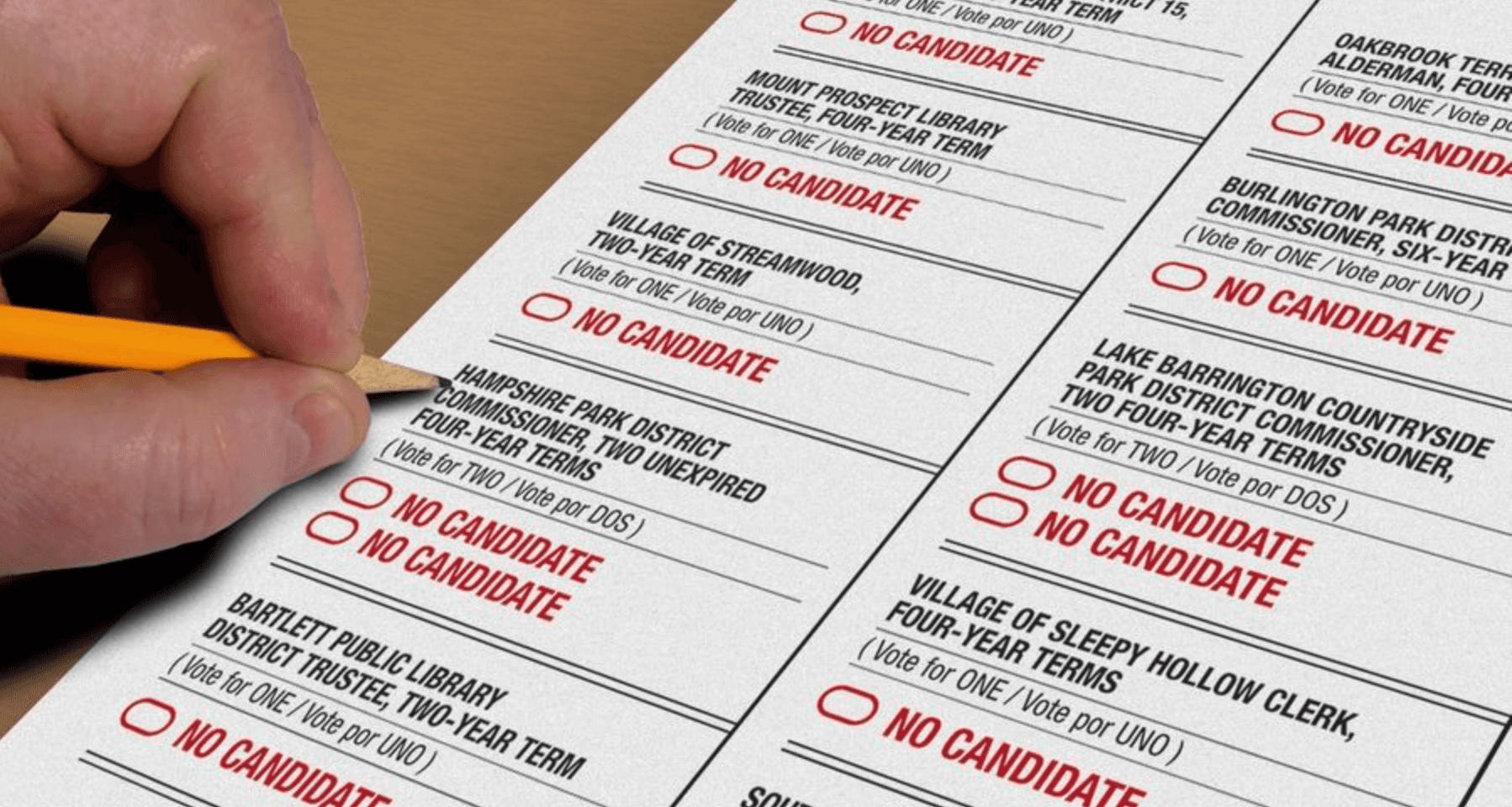
Uncontested Elections Rot Democracy From The Inside Out
The United States of America is a democracy, right?
Where we elect our leaders in a series of competitive elections, such that the candidate who wins the most support is elected to public office?
Right?
Well… how do we square that idea with the very real fact that, as Ballot Ready has uncovered, over 67% of all American elections in 2022 were completely uncontested?
That’s right. ⅔ of every single election in America had exactly one candidate on the ballot, with no meaningful challenger who could pose a threat to their coronation into office. And the further down the ballot you go, the more troubling the results get.
Sure, the fact that 3.4% of federal elections are uncontested doesn’t seem like a big deal (even when the number should be 0%, considering the sheer amount of power that is bestowed upon a federal officeholder), the further down the ballot you go, the worse it gets. In 2022, 35% of state elections, 47% of city elections, 77% of county elections, and 91% of local races were completely uncontested!
And even at the federal level, a relatively small number like 3.4% translates, in 2020, to 27 members of Congress effectively running with no opposition whatsoever. Given how closely the balance of power has shifted in Congress, this “small” 3.4% of unopposed office holders could literally be the difference between national legislation passing or not.
It’s simple: candidates who face no opposition whatsoever aren’t accountable to voters. If re-election is such a given, to the extent that candidates don’t even need to run campaigns, we’ve got a major problem on our hands. When you have no meaningful choice to choose who will occupy office, is that really a democracy?
It’s a two-fold problem involving both voter apathy and reluctance to run. In smaller races that don’t receive media coverage with names the average voter might not recognize, it’s easy to simply vote for the incumbent – the only person on the ticket – or just not vote whatsoever. Voters want to make informed decisions, and they can’t be blamed for not even making that decision at all if they don’t feel like they know who they are voting for.
But when candidates face no meaningful opposition whatsoever, it actually works to their benefit for you to not know who they are. They don’t want the public spotlight because skating from election to election without a challenger is the path of least resistance. On the flip side of the coin, it can certainly be intimidating to try and mount a challenge to an officeholder who has “won” multiple elections in a row.
It’s a thorny, dual-sided issue that won’t get meaningfully fixed without major changes on both sides of the ballot.
Paradoxically, however, entrenched incumbents who have never faced a real election might very well be the most vulnerable people to challenge in a race. Though it’s true that far too many elections are uncontested, polls show that Americans don’t necessarily like that so many elections are uncontested – just look at how primary voters are viewing the “inevitability” of Joe Biden winning the Democratic nomination without a serious challenger. When officeholders are viewed as wanting to “escape” accountability from a real democratic challenge, it opens a potential lane for a strong competitor to make their mark. Now, more than ever, America needs strong competitors at every level of the ballot, not just the biggest and flashiest races.
It’s this sort of easily glossed-over, non-publicized hollowing out of the American democratic core that organizations like GoodParty.org were founded to help ameliorate. It will never make national headlines that 35% of state elections are run completely unopposed, giving voters no actual say whatsoever in who will rule over them at the state level – but that doesn’t mean it’s not a serious issue with grave consequences for all of us.
Now, more than ever, we need to make it easier for candidates to challenge unopposed, comfortable incumbents, and we need to make it easier for voters to get informed and stay motivated at the ballot box so they don’t simply skim past a race they don’t really understand and leave the rest to chance.
